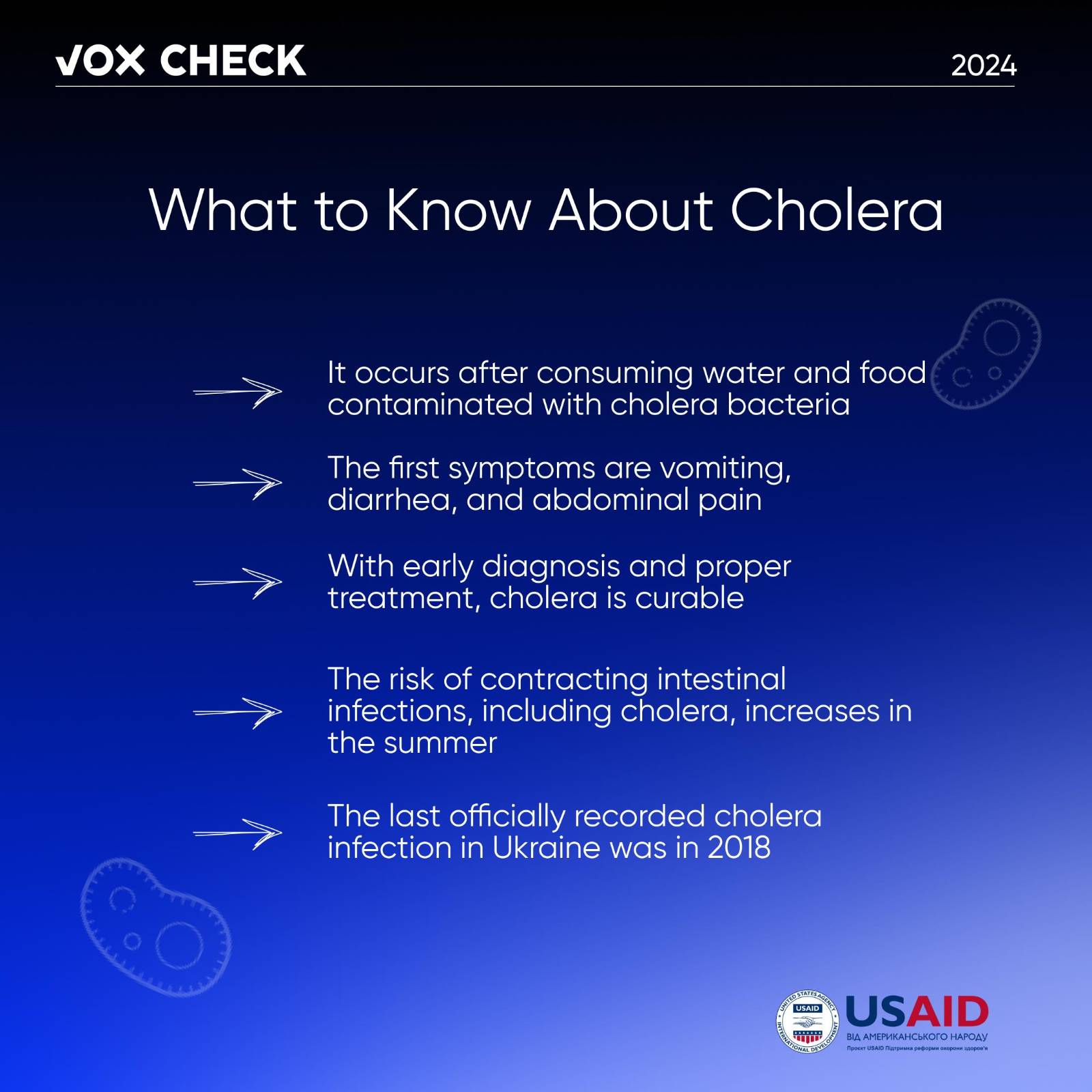In the context of power outages caused by Russian shelling, both Russian and Ukrainian propagandists have become more active. Ukrainian blogger and anti-vaccine advocate Ostap Stakhiv, who consistently spreads disinformation, continues to discredit the healthcare system. He claims that Ukrainians are being “intimidated” with diseases due to water and power outages. According to him, in the 1990s-2000s, there were also power and water outages, but everyone was supposedly healthy.
With the support of the USAID Health Reform Support project, VoxCheck analyzes and refutes public health narratives spread in the information space of Ukraine, Belarus, and russia on a weekly basis.
In his video, Ostap Stakhiv manipulates the words of Ukraine’s Minister of Health, Viktor Liashko, who warned about possible disease outbreaks due to power and water supply disruptions. The blogger accuses the minister of “pumping” people with falsehoods and scaring them by saying that Ukraine is in an epidemic season, during which various diseases can spread. Stakhiv draws a parallel with the 1990s-2000s, claiming that despite similar outages back then, no one fell ill. He argues that the current statements from the Ministry of Health about outbreaks are only meant to “scare” Ukrainians.
What’s the reality?
In an interview with the BBC on June 20, 2024, Viktor Liashko said that power outages often lead to water supply interruptions. Prolonged water supply interruptions can increase the risk of waterborne infectious disease transmission. According to Liashko, there was an outbreak of hepatitis A in 2023, which can be transmitted through contaminated water.
At the same time, Stakhiv exaggerates the minister’s words. Liashko did not scare people with potential diseases. He only stated that various infectious diseases can arise due to people’s failure to observe basic hygiene rules during water supply interruptions. For example, if someone does not wash their hands or food, they could contract hepatitis or cholera. Both the Ministry of Health of Ukraine and the Public Health Center have annually emphasized adherence to hygiene rules as a way to prevent infectious diseases.
Additionally, Stakhiv lies that despite power and water outages in the 1990s-2000s, no one got sick. Most of the rolling blackouts in Ukraine occurred in the 1990s and the year 2000. The threat of infectious diseases existed throughout this time, regardless of the year. According to the Ministry of Health of Ukraine, in 1995 and 2000, almost the same number of infectious and parasitic diseases per 100,000 population were recorded — over 2,900 cases. Thus, Stakhiv’s claims that everyone was healthy in the 1990s-2000s are false. The risks of infectious diseases were always present, and warnings were issued.
Some infectious diseases were also associated with contaminated water. For example, from 1994 to 1996, 1,370 people in Ukraine contracted cholera. The disease spread widely due to insufficient access to quality drinking water, the poor state of sewer systems, and sanitation issues in populated areas. Additionally, over 18,000 cases of hepatitis A were recorded in Ukraine in the first 10 months of 2000, with centralized water supply being a transmission factor.
Cholera is an acute diarrheal infection that can occur after consuming contaminated water or food infected with cholera bacteria (vibrios). To prevent the disease, it is important to follow hygiene rules, avoid swimming or fishing in contaminated water bodies, use clean water, and wash vegetables and fruits before consumption.
Apart from the outbreaks in 1994-1996, Ukraine also experienced cholera outbreaks in 1998, 1999, 2007, and 2011. The last official cholera case in Ukraine was recorded in 2018. According to the European Centre for Disease Prevention and Control, over 200,000 cholera cases were reported worldwide in the first five months of 2024. The countries with the highest number of cases were Pakistan, Afghanistan, Yemen, Somalia, and the Comoros. No cholera cases were reported in Ukraine in the first six months of 2024.
Stakhiv also mocked Viktor Liashko’s statement that Ukraine is currently in an epidemic season. However, this is entirely normal, as Ukraine experiences several epidemic seasons each year. For instance, the number of acute respiratory diseases typically increases in autumn and winter, while more intestinal infections and food poisonings are recorded in the summer. The heightened epidemic season for cholera monitoring in Ukraine lasts from June 1 to October 1. International organizations, such as the World Health Organization, also report on disease outbreaks annually.
In previous editions, we have repeatedly debunked the fakes spread by Ostap Stakhiv. In his earlier videos, he scared Ukrainians by claiming that the World Health Organization was allegedly planning new pandemics and that the COVID-19 pandemic was “invented“.
This information piece was produced with the assistance of the United States Agency for International Development (USAID), provided on behalf of the people of the United States of America. This article’s content, which does not necessarily reflect the views of USAID, the United States Government, is the sole responsibility of Deloitte Consulting under contract #72012118C00001.
Attention
The author doesn`t work for, consult to, own shares in or receive funding from any company or organization that would benefit from this article, and have no relevant affiliations



